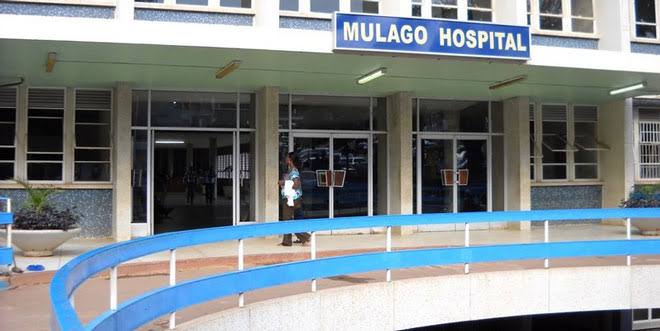The Executive Director of Mulago National Referral Hospital, Dr. Rosemary Byanyima, has announced plans to introduce liver transplant services by April 2025, expanding the hospital’s capacity to handle complex medical procedures. This revelation came as she presented the hospital’s 2025/26 Budget Framework Paper to Parliament’s Health Committee.
Dr. Byanyima explained that the hospital has been collaborating with Indian medical experts for organ transplants but is now engaging a new team from Manchester Hospital in the UK, facilitated through Health Education England.
“This team will work with us in April and May 2025 to perform liver transplants, marking a significant milestone for Mulago and the country at large,” she said.
However, she raised concerns about funding challenges that could hamper the success of these initiatives. The hospital requires Shs101Bn to fully stock critical medicines and supplies necessary for organ transplants. Currently, it receives Shs18.256Bn, a significant shortfall that compels patients to buy certain medications themselves.
“If all funds aren’t availed, we will continue issuing prescriptions for patients to purchase their own medicines while reserving bedside drugs for critically ill patients,” she cautioned.
Dr. Evelyn Nabunya, Executive Director of Mulago Specialized Women & Neonatal Hospital, provided an update on the facility’s fertility services, including the long-anticipated launch of In Vitro Fertilization (IVF).
“As of now, we have conducted 11 stimulations and six embryo transfers. Two women are pregnant, five embryos are being preserved for future transfers, and although two clinical pregnancies were lost, we are optimistic about the success of these treatments,” Dr. Nabunya noted.
She emphasized that IVF services, newly introduced at Mulago, signify progress in offering Ugandans access to affordable fertility treatments locally, reducing the need to seek care abroad.
Dr. Nabunya also highlighted the hospital’s remarkable achievements in neonatal care. Between July and December 2024, Mulago handled 858 neonates, with 32.9% being preterm.
The smallest surviving baby was born at 24 weeks, weighing just 500 grams. “This baby is now a healthy two-and-a-half-year-old, thanks to the team’s vigilance in monitoring conditions like retinopathy of prematurity, which can lead to blindness if not detected early,” Dr. Nabunya explained. Key survival rates reported included: Babies under 1kg: 59.1 percent, Babies between 1-1.4kg:79.4 percent, and Babies between 1.5-2.4kg: 87.3 percent.
She pointed out that survival rates for normal-weight babies are comparatively lower because they often arrive at Mulago in critical conditions from other facilities. “Our achievements underscore our commitment to saving lives, but they also highlight the need for more resources to improve outcomes further,” Dr. Nabunya added.
Meanwhile, both directors urged Parliament’s Health Committee to prioritize budgetary support for the hospital’s ambitious plans. Dr. Byanyima stressed that adequate funding is essential to ensure that liver transplants and other critical services can be implemented successfully.
The committee commended the hospital’s efforts but acknowledged the pressing need to address funding gaps in Uganda’s healthcare sector.
According to both directors, with plans for liver transplants, progress in fertility treatments, and neonatal care advancements, Mulago National Referral Hospital is positioning itself as a leader in specialized healthcare in Uganda and the region.
Do you have a story in your community or an opinion to share with us: Email us at editorial@watchdoguganda.com










